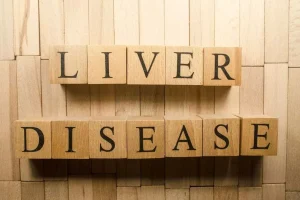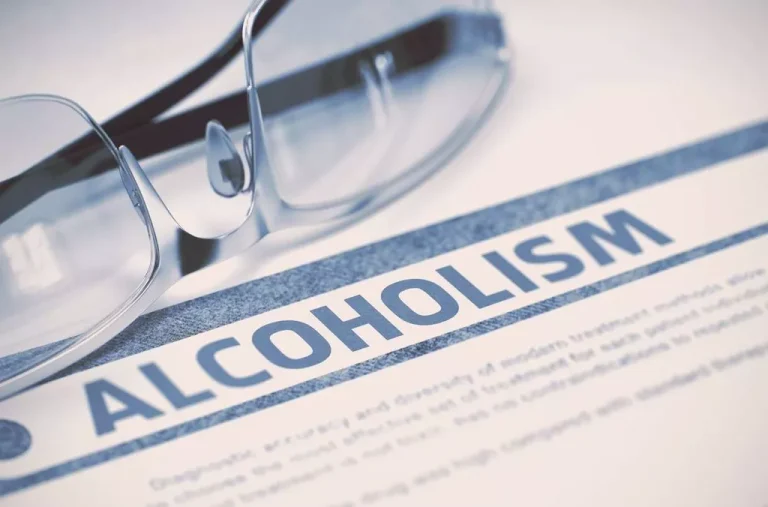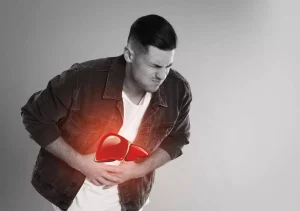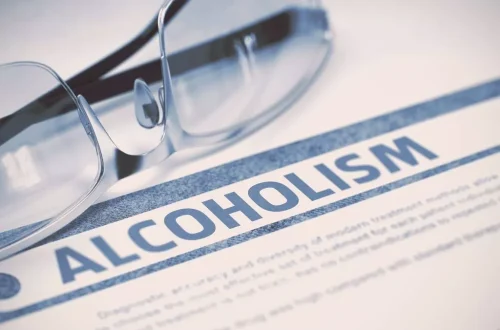
This statistic refers only to those addicts who have completed their treatment programs successfully, and not everyone manages that. While the majority may do, it is important not to assume that addiction treatment is an easy quick fix that can be left until you are absolutely desperate. The sooner that you embark on the treatment journey, the less time that you have allowed the addiction to affect you, and the greater your chance of success.
Myths About Drug Addiction That People Need to Stop Believing
If someone you love relapses, or if https://ecosoberhouse.com/ you relapse yourself, don’t give up hope. There is still work that must be done outside of the rehabilitation facility. There are lots of stereotypes out there about what an addict looks like.
Myth 9: Treatment isn’t necessary and people should just quit “cold turkey”

Many treatment centers believe confrontational, shame-based methods are necessary to motivate addicts. In addition to contributing to the stigma of addiction and deterring people from seeking treatment, research shows that shame is a strong predictor of relapse. There is a common misconception that rehabilitation programs guarantee success in overcoming addiction. While rehabilitation can provide valuable support and resources, the recovery process is far from straightforward. Success rates can vary significantly depending on numerous factors, including the type of addiction, the individual’s personal circumstances, and the treatment methods employed.

#1. Addicts are bad people who deserve to be punished.
Now that you know the facts on some common misconceptions about addiction, you may find you recognize some truths in yourself. If you or a loved one are struggling with addiction, or if any of the above addiction myths about addiction and recovery myths sound all too familiar, Avenues Recovery is here to support you. Shrouded in stigma and misinformation, drug addiction remains a widely misunderstood affliction that tears at the fabric of society, leaving shattered lives and fractured communities in its wake.

- The good news is that family members, friends, and colleagues can find the help they need to take charge of their own lives and maximize a loved one’s chances for recovery.
- So let’s roll up our sleeves, challenge our assumptions, and work together to build a world where addiction is understood, treated effectively, and ultimately, prevented.
- By dispelling the myths about addiction, we can work together to create a world where individuals struggling with addiction can find hope, healing, and the opportunity to rebuild their lives.
- The belief that addiction recovery follows a straightforward, linear path can lead to unrealistic expectations and disappointment when the journey inevitably encounters setbacks or challenges.
City agencies distributed 117,000 doses last year alone, while emergency medical providers, fire fighters, and police directly administered some 6,500 doses. As a result, people who’ve been given naloxone are likely to use again, putting them at risk for another overdose. In October, doctors from Yale Medicine launched a new program on addiction medicine that will enhance Yale’s addiction research and patient care. A PDF is a digital representation of the print book, so while it can be loaded into most e-reader programs, it doesn’t allow for resizable text or advanced, interactive functionality.
- Marijuana may also be viewed as a non-addictive drug, but it is possible to develop a dependence on this substance.
- The myths about addiction are damaging not only to addicts and their families but to all of us.
- We’ve recognized that addiction doesn’t discriminate based on the type of substance or the user’s socioeconomic status.
- These individuals don’t fit the stereotypical image of an addict, yet they struggle with substance use disorders nonetheless.
- This hopeful prognosis makes it all the more distressing that uncontrollable craving is still among the least treated of chronic health problems.
- If you or a loved one is struggling with addiction, you’ve probably heard a lot of well-meaning advice from people who don’t truly understand.
- Most of my clients reach out for support before having a “rock bottom” moment and many recover without having to experience one.
- With the proper guidance and supervision, prescription medications can provide important, and sometimes life-saving, support during withdrawal.
- Also, the early initiation of substance use is a significant risk factor for the subsequent development of SUD and may also elevate risks of mental health disorders.
- I know because I’ve done it thousands of times.” Addiction changes the brain, making quitting difficult.
While it’s true that you may encounter some people who don’t understand your decision, treatment provides you with an environment where you are surrounded by people who know what you’re going through. Besides the others in your program, many addiction programs rely on help and support from former patients who have turned their lives around and are now committed to giving back to their communities. Medically supervised withdrawal is a broad phrase that covers many different approaches. One of these approaches is using certain medications to ease cravings and help regulate brain chemicals while you’re going through withdrawal. For example, doctors may prescribe methadone to help individuals with opioid use disorder. During withdrawal, you will likely experience some intense physical symptoms that may cause you pain or discomfort.